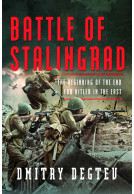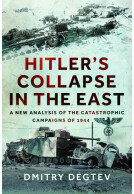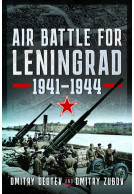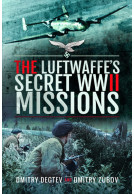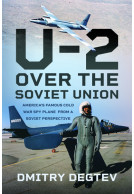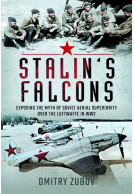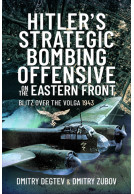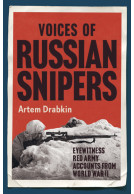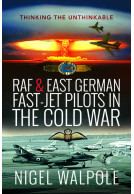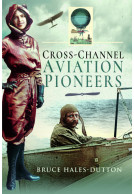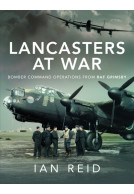Hitler's Air Bridges (Hardback)
The Luftwaffe's Supply Operations of the Second World War
Imprint: Air World
Pages: 296
ISBN: 9781526789938
Published: 23rd November 2022
(click here for international delivery rates)
Order within the next 5 hours, 14 minutes to get your order processed the next working day!
Need a currency converter? Check XE.com for live rates
| Other formats available - Buy the Hardback and get the eBook for £1.99! | Price |
|---|---|
| Hitler's Air Bridges ePub (38.9 MB) Add to Basket | £6.99 |
Much has been written about the famous fighters and bombers of the Luftwaffe which proved so successful in the invasion of Poland, the Battle of France, the Battle of Britain and in the early operations in Eastern Europe. Little attention, however, has been focused on the Luftwaffe’s transport aircraft which played a vital role in supplying German forces in every theatre.
In early May 1940, the battle of Norway was nearing its climax, but General Eduard Dietl’s 3rd Jäger division was blocked by the Allies in the Narvik area. Only the Luftwaffe could provide effective assistance to the encircled troops. The special purpose groups KGr.zbV107 and KGr.zbV108 were ordered to supply the division by air. Transports delivered ammunition, food, and even boots for German sailors who found themselves on land.
This was the first of a number of occasions in which the Luftwaffe’s transport Gruppen, often equipped with the slow, but reliable Junkers 52, created an ‘air bridge’ to supply troops cut off or surrounded by the enemy. The transport Gruppen had previously been involved in supporting the advance of German forces during the Polish campaign, this being followed by the capture of Denmark, The Netherlands, Belgium, and Greece.
During Operation Barbarossa, German troops were dispersed over the vast expanses of Russia. It was a country without roads where the normal supply by trucks and trains to the troops was difficult and sometimes impossible. Often, it was only the Luftwaffe’s transport aircraft that kept the Germans fighting.
But with Hitler’s insistence that there should be no retreat despite the overwhelming strength of the Soviet forces, his Germans armies found themselves surrounded and the Luftwaffe had to create air bridges to supply the beleaguered troops. Nowhere was this more evident than the Battle of Stalingrad, Göring having convinced Hitler that the Luftwaffe was capable of keeping the Sixth Army supplied.
As the war increasingly turned against the Third Reich, air bridges were vital in supporting and maintaining its garrisons in places such as Demyansk, Holm, Korsun, Budapest, Breslau, and many others. Hitler’s Air Bridges presents the story of the Luftwaffe’s transport Gruppen more extensively and in greater detail than ever before.
While some may know elements of these stories I am sure that the level of detail contained in this one will come as a surprise to most who read it.
Military Model Scene
Read the Full Review Here
"This is an excellent work; it shines a bright light on the value of logistics and supply in maintaining morale and fighting spirit as well as the efforts and bravery of the aircrews bringing succour to the encircled and isolated."
Martin Willoughby, The Wessex Branch of the Western Front Association
The book is essential reading for anyone who is interested in the Luftwaffe’s role in the war.
The History Fella
Read the Full Review Here
4 out of 5
Army Rumour Service (ARRSE)
I do recommend this book. It covers a little-known but highly significant aspect of World War Two, one that is often glossed over.
Read the Full Review Here
As featured in
The Bookseller
About Dmitry Degtev
The author of twenty-nine books, DMITRY DEGTEV is one of the leading Russian researchers of the history of the Second World War, having studied the air battles of the Second World War and the history of the Luftwaffe for more than twenty years. He currently lectures at Nizhny Novgorod State Technical University.
About Dmitry Zubov
DMITRY ZUBOV is the author of thirty-two books on military history, published in both Russian and English. Being a professional psychologist, Dmitry is keen to scientifically explore the motives of key characters in the military history of the 20th century. He is critical of the prevailing views regarding the most important events on the Eastern Front, and his books, based on archival sources, present alternative versions of the interpretation of these key episodes of the Second World War. Dmitry has been teaching at Nizhny Novgorod State Technical University for more than fifteen years, including nine years as an Associate Professor, PhD. He now devotes all his time to writing and translating books into English.








